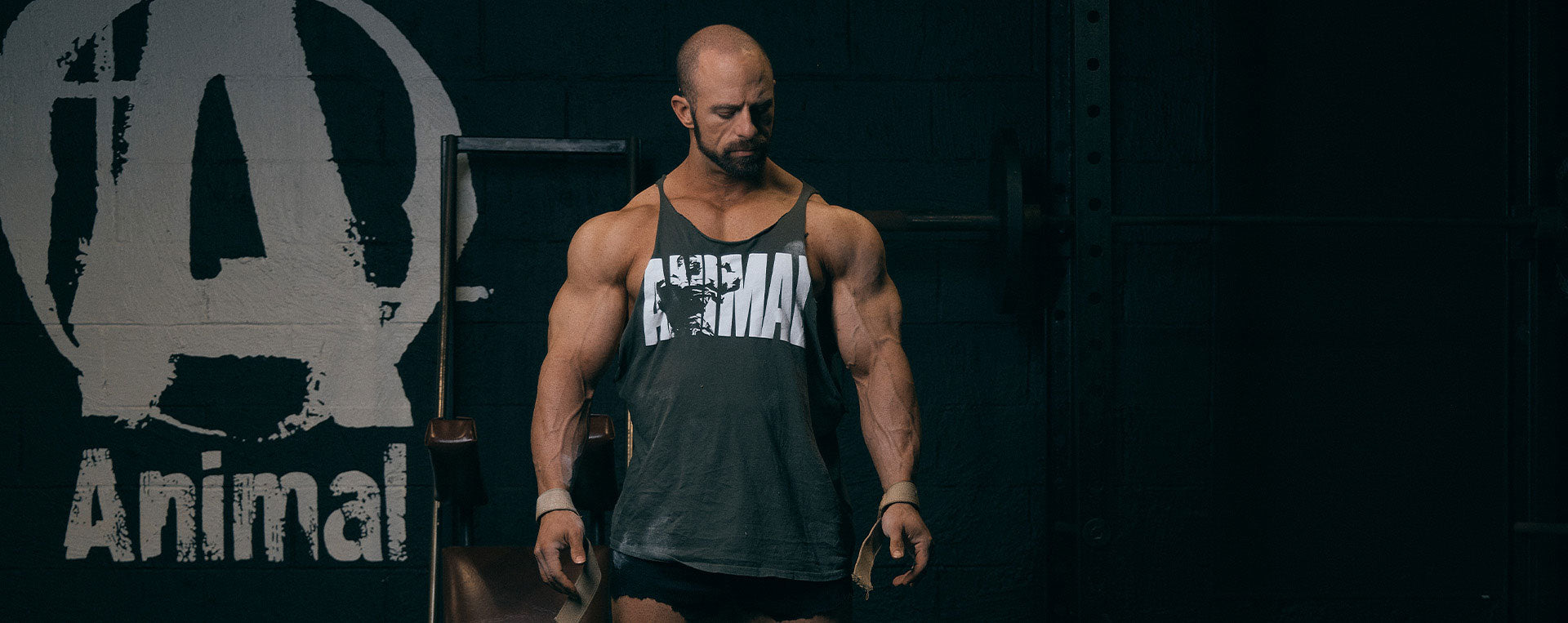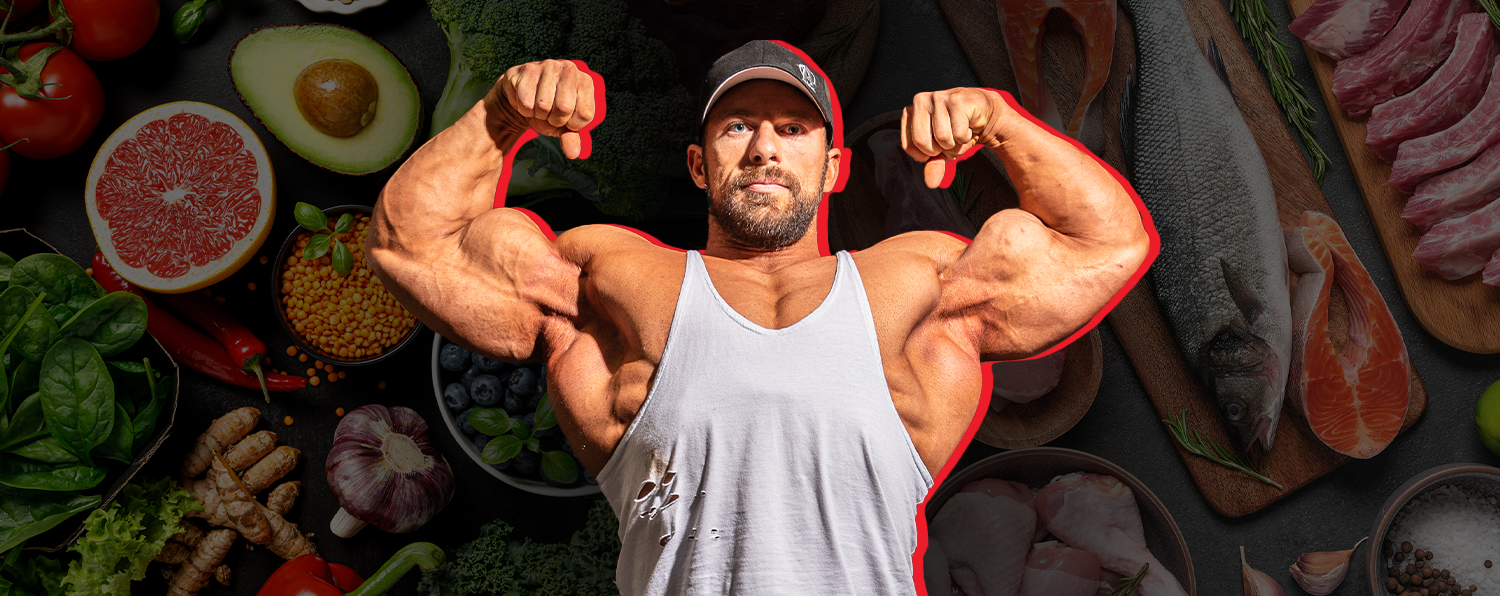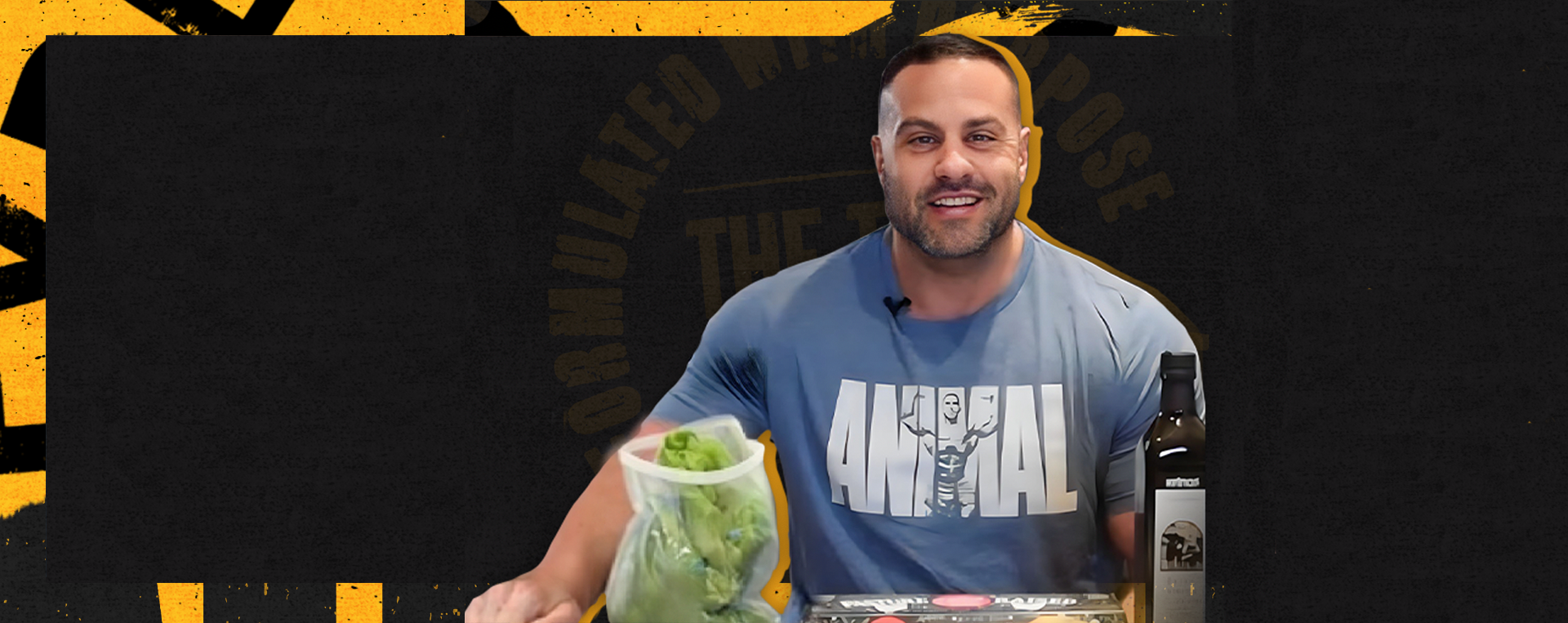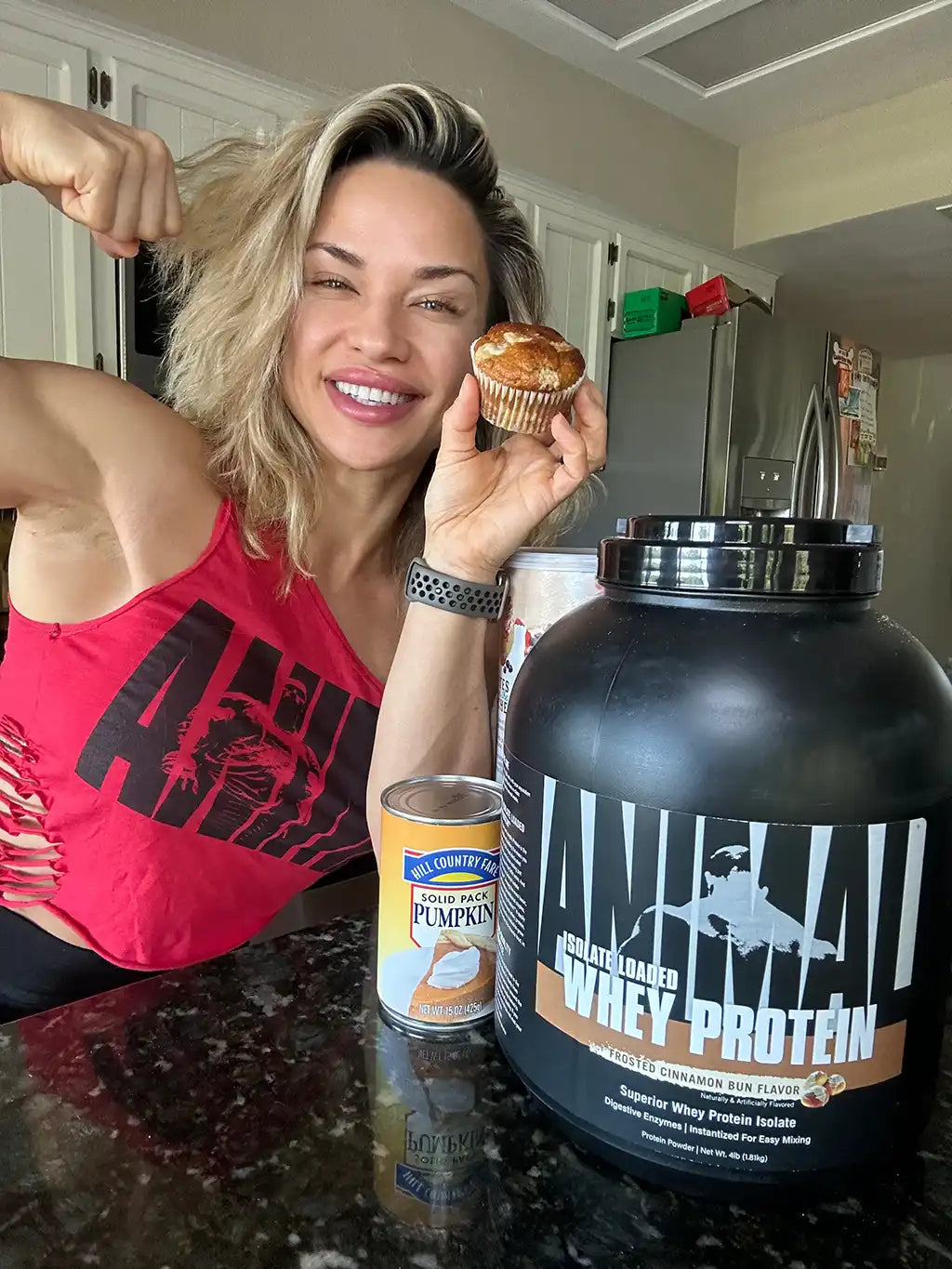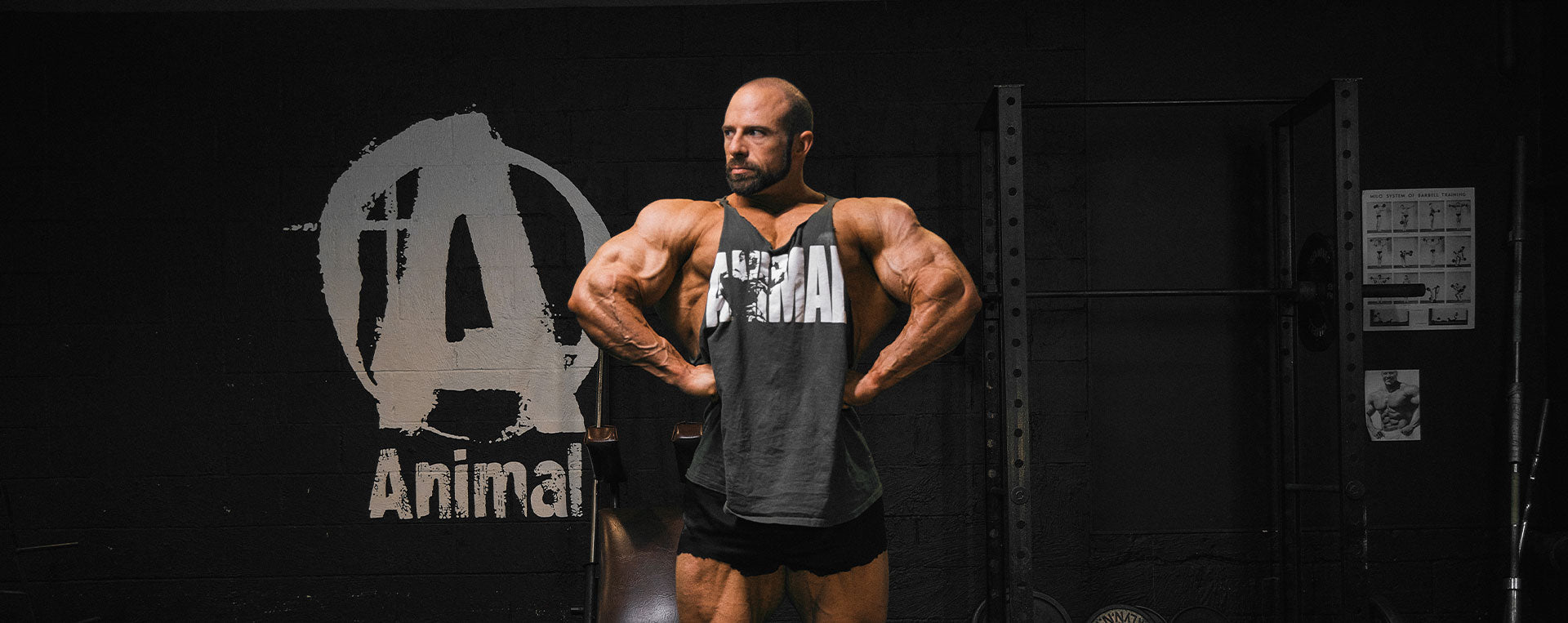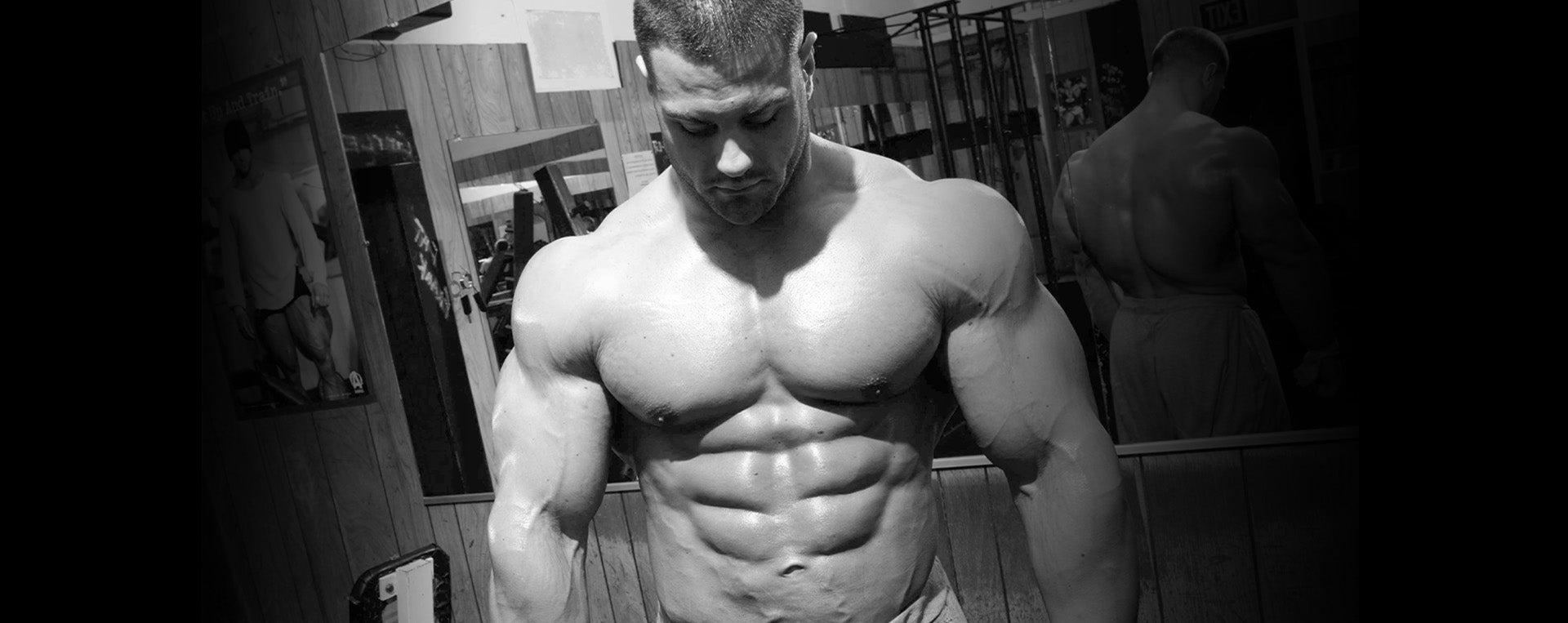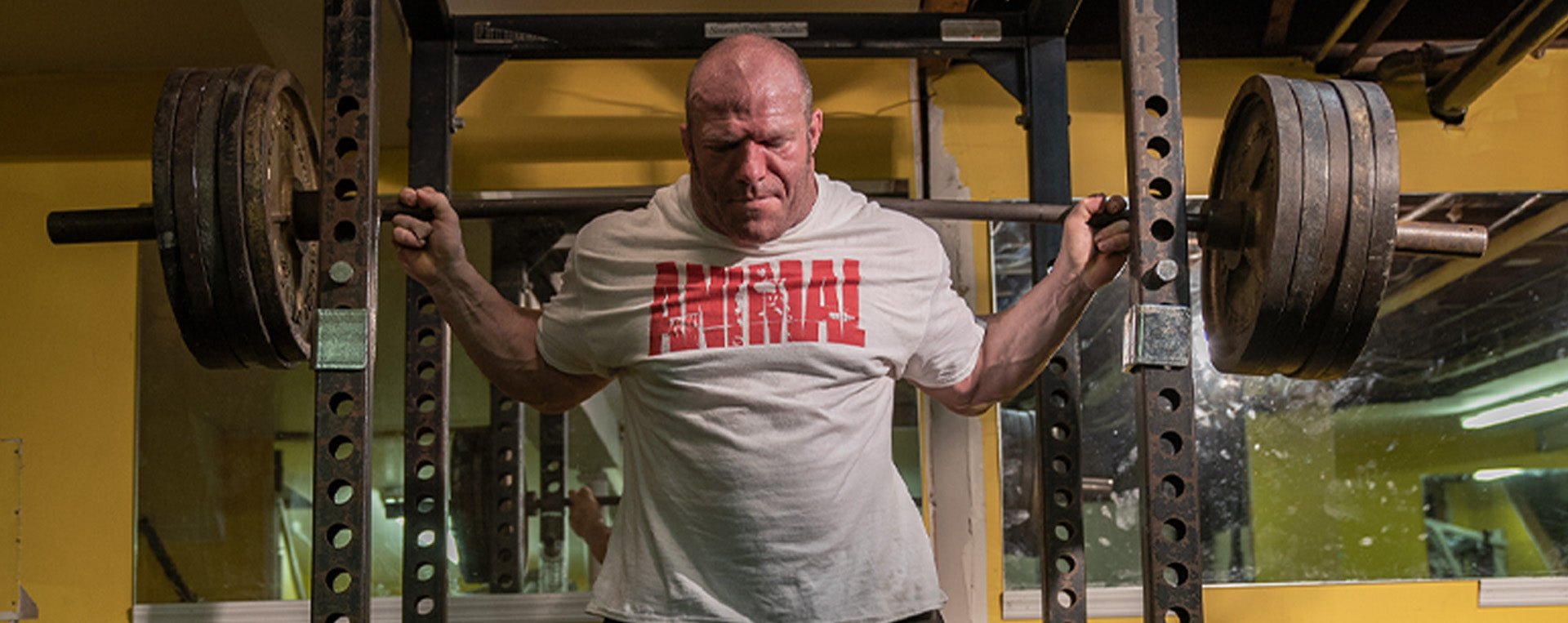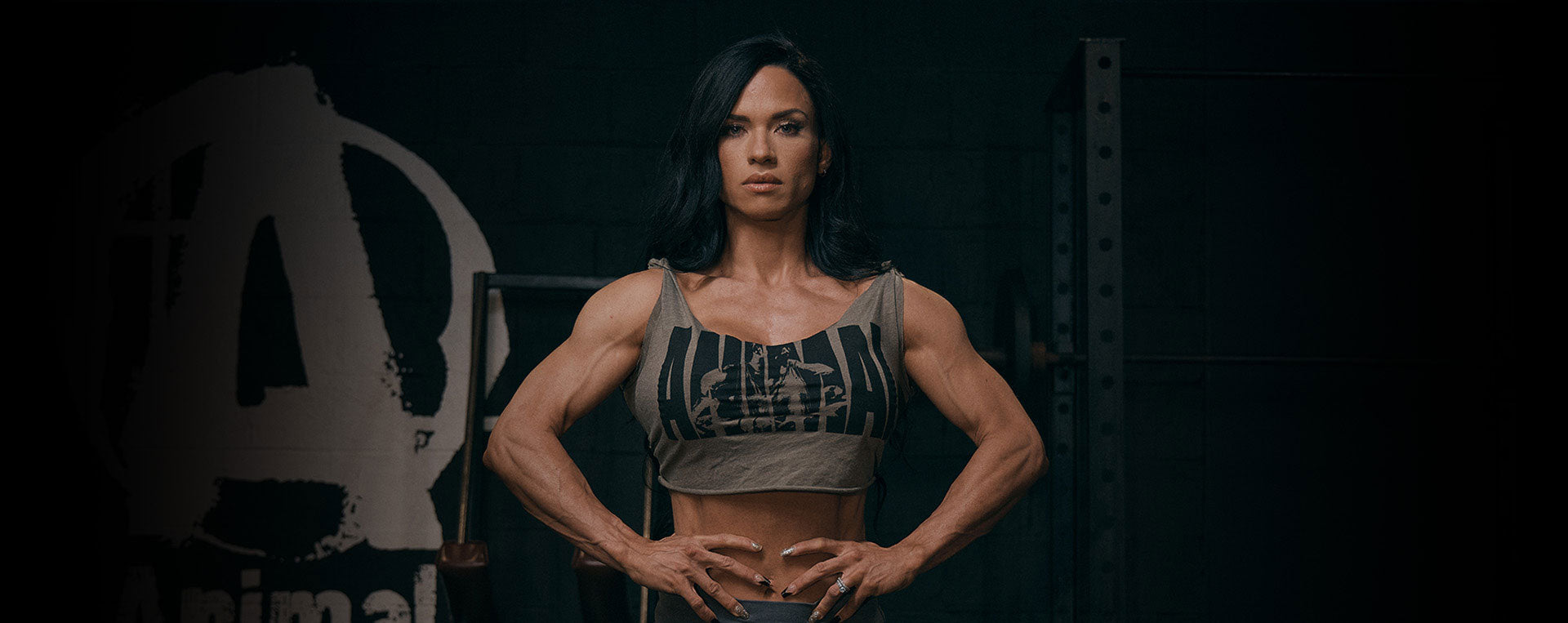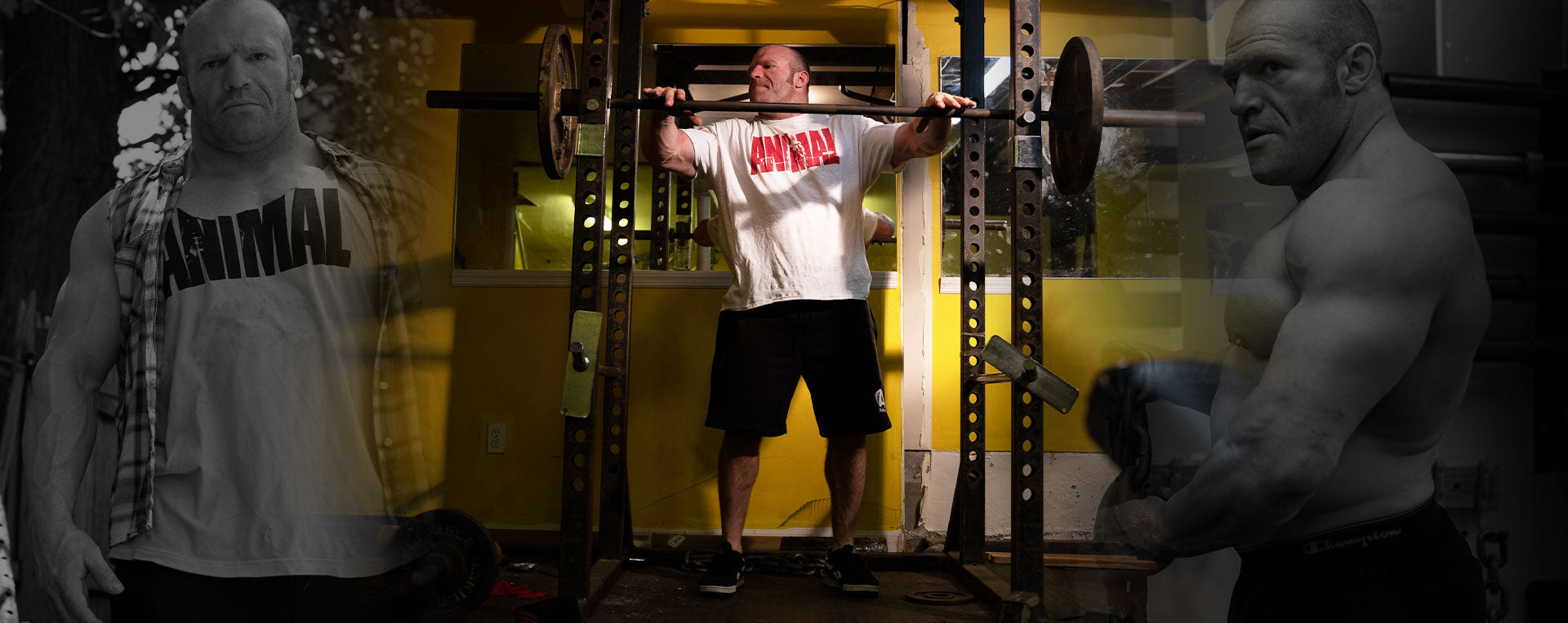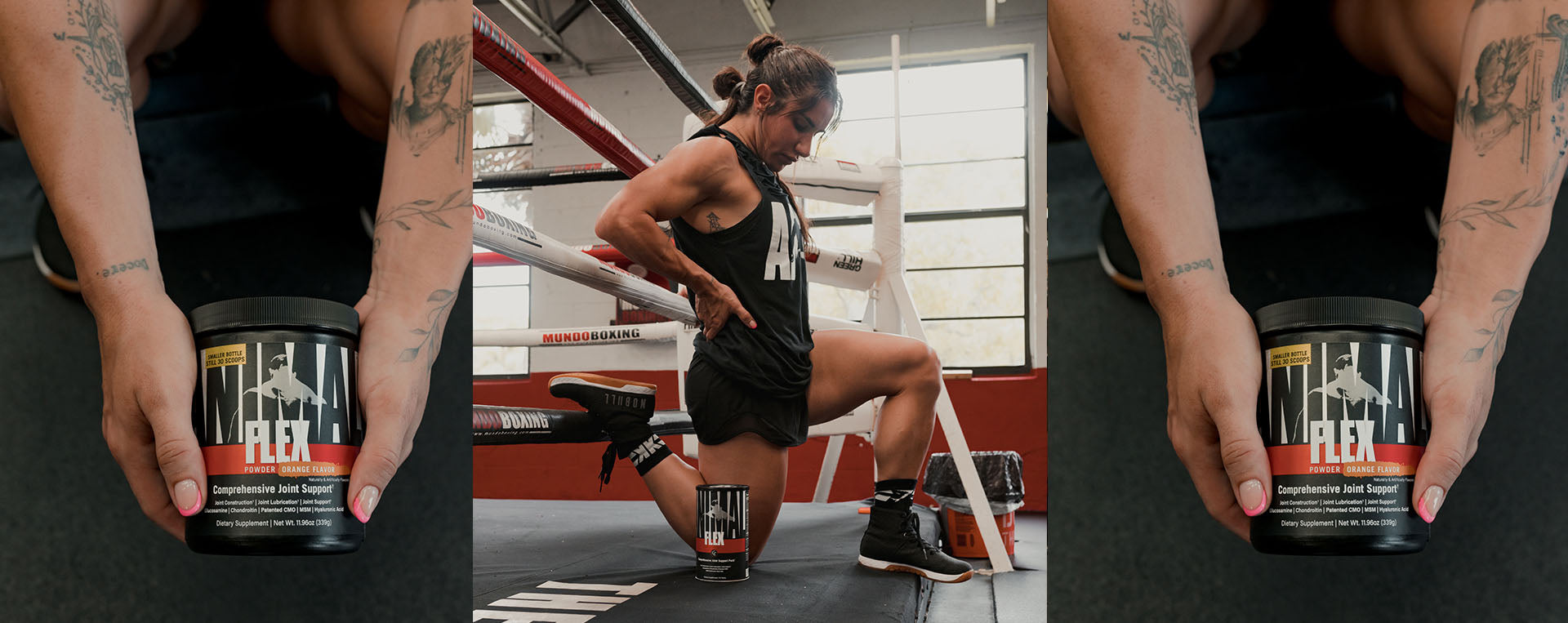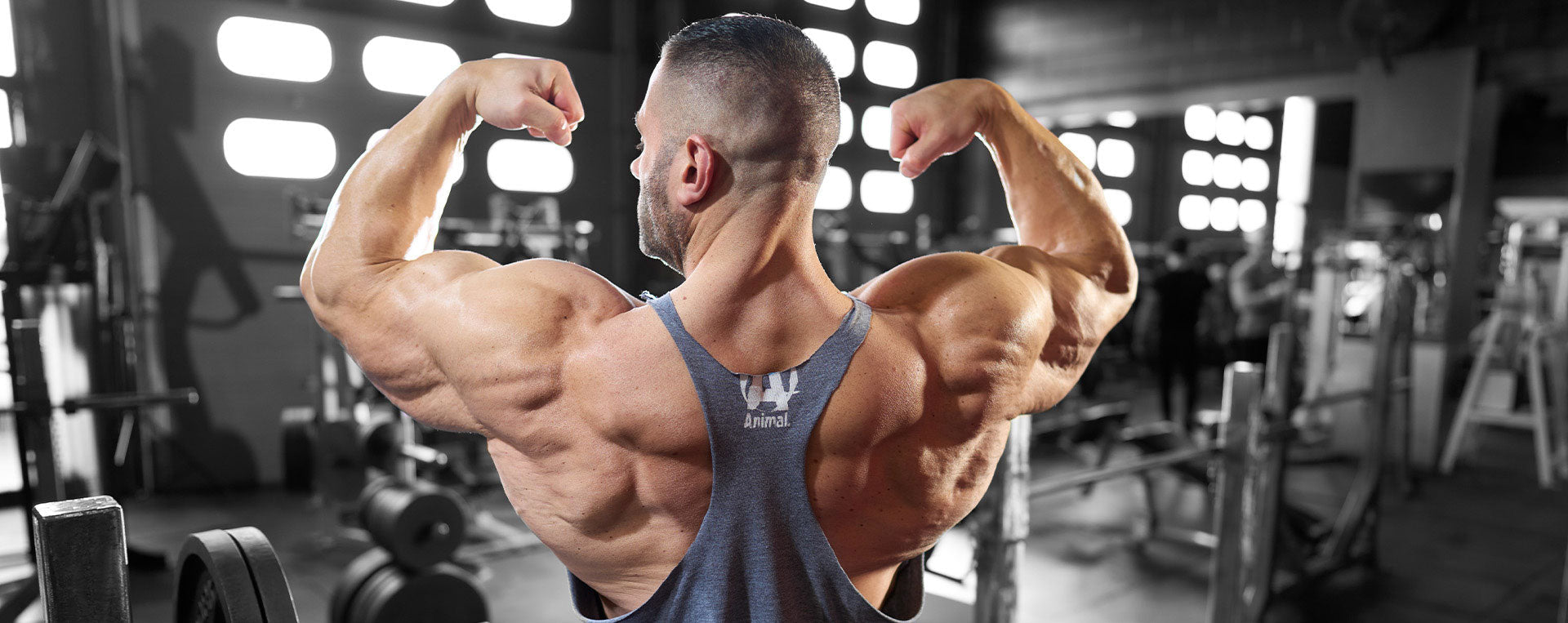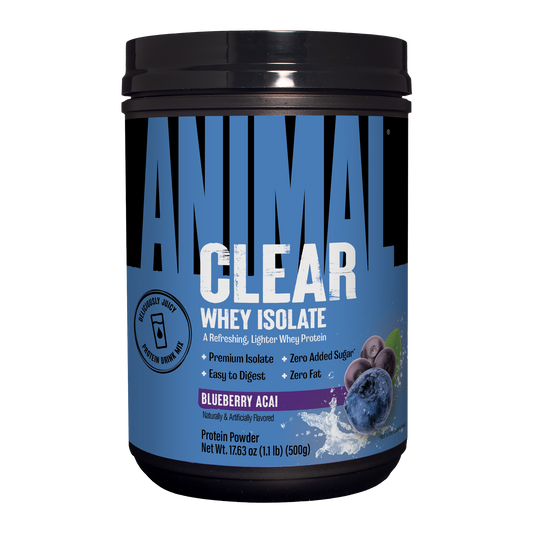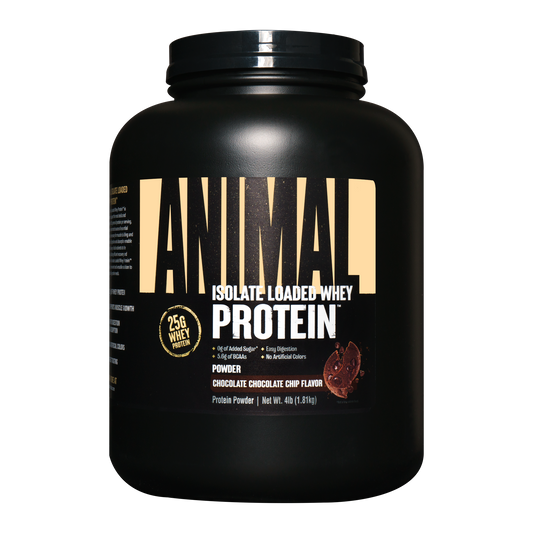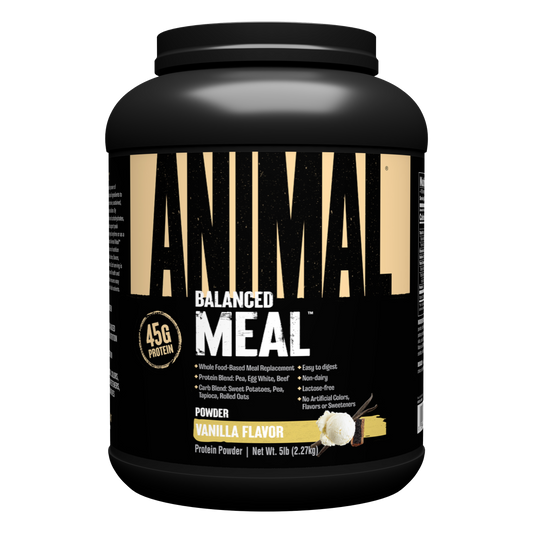First, let me dispel the notion that eating fruits and vegetables is the only way to be healthy and get into shape. Just because you eat a salad with your meal does not make you lose weight. Nutrients found in primarily green vegetables are not the macro nutrients your body uses for energy, fueling the organs, hormone balance, or muscular repair. The main sources of nutrients coming from green vegetables are the micro nutrients such as vitamins and minerals, as well as fiber. The micro nutrients play a key role in keeping your body at homeostasis. Meaning the vitamins and minerals keep your organs functioning properly, preventing sicknesses, illnesses, and diseases. Yes, eating vegetables is important, but you won’t automatically lose weight and be ripped up for the summer by eating them.
To shape up you’ll need to tap into your macro nutrients. Macro nutrients are proteins, fats, and carbohydrates. Overall calorie count is also important when devising a plan to get ripped or put on muscle. As bodybuilders, we eat plenty of protein to support the repair of muscle breakdown caused by training in the gym. We use healthy fats to support vital organs and hormone balance, and as a source of fuel for energy. Using higher amounts of protein and fats will help build muscle tissue and keep your body running well. What about carbohydrates—don’t they build muscle? While carbohydrates are an energy source, they are not typically used to build muscle. A large amount of carbohydrates are not necessary to be “healthy” or to shape up. In fact, an excessive amount of carbs will throw off insulin sensitivity, and what isn’t being burned as energy will all be stored as fat in your body. It’s important to have an adequate amount of carbohydrates before, during, and after your training.
If you want to be both healthy and fit, first look at your protein, then carbs, then the fats to help you recompose your physique. Make sure that your protein intake supports your training. Let’s assume you need 50-55 grams of protein per meal given that you eat 6 meals a day (one meal is included as your post workout shake). That will come out to 300-330 grams of protein total for the day. We look at carbs next because it’s easier to track a lower amount of carbs when you’re trying to lose weight. Even as an IFBB Pro bodybuilder, I rarely go above 300-350 grams of carbs a day on a regular basis. To lose weight, I would start with a higher amount of carbs, around 200-250 grams a day, and reduce or add in carbohydrates as your body progresses in the first couple of weeks/months. Now that you have your protein (roughly 300 grams) and your carbs (200 grams), we can calculate how much fat you should intake in a day by looking at your total calorie intake for the day. Protein and carbohydrates have 4 calories per gram, and every gram of fat has 9 calories: 300 grams of protein equals 1,200 calories; 200 grams of carbohydrates equals 800 calories. The total calories between protein and carbs are 2,000. If we are restricted to 2,550 calories, then we can have up to 61 grams of fat. Remember, every gram of fat has 9 calories (61 x 9 = 549). This is just an example and not intended for everyone. As I explained earlier, my intake of food will be greater than a person who has less muscle mass. More food does not equal more muscle gain either.
Now that you know how to get in shape, you can be healthy at the same time by taking in enough vitamins, minerals, and fiber through vegetables. Fiber in vegetables will help your digestion—often overlooked—which is also key to being healthy, not getting sick, and even shaping your physique. Along with eating vegetables, I like to take a quality micro nutrient supplement (multivitamin/minerals) such as Animal Pak. Combining the proper macro nutrients with quality micro nutrients is the way to health and fitness.
For those who want to be fit and healthy but not as muscular as a bodybuilder, the same approach applies. Bodybuilders will increase their food as they consistently train so that their weight increases to add on muscle tissue. If your calorie intake does not exceed the amount of calories you are burning, you will not build muscle. So don’t worry, if you don’t want to look like a bodybuilder, you can still use what you’ve learned to reach your health and fitness goals. Although women’s hormones are different than men’s, the same concept applies to women as well.









